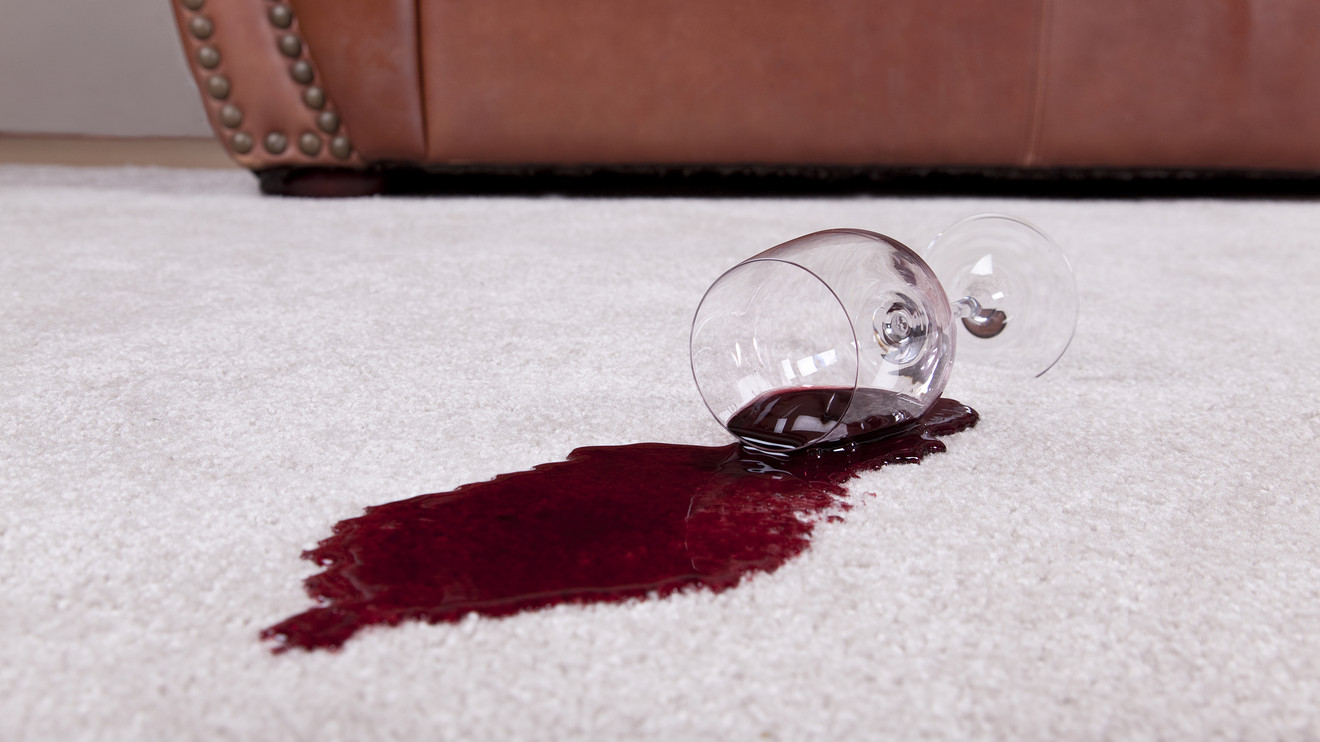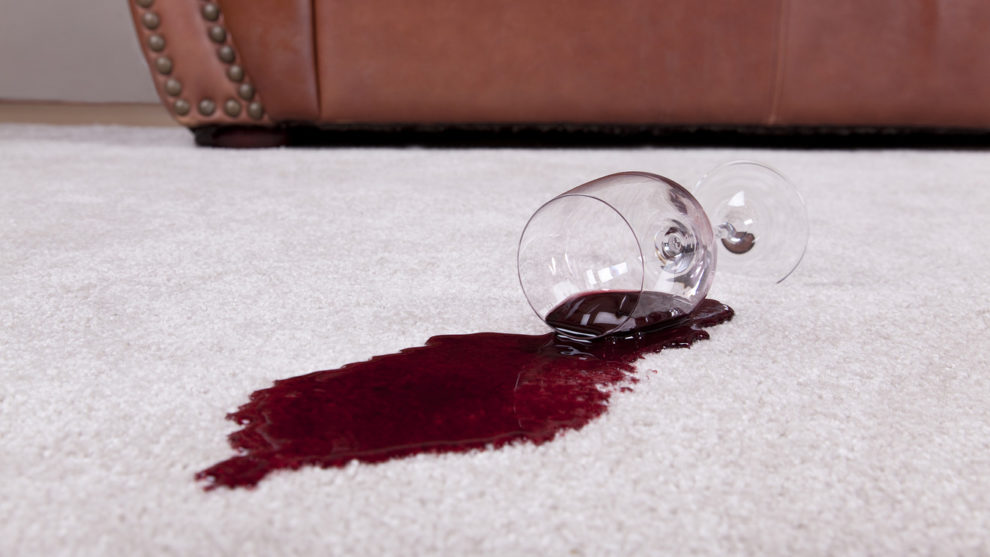
Here’s another reason to try a Dry January.
The number of Americans drinking themselves to death has more than doubled over the last two decades, according to a sobering new report.
Researchers from the National Institute on Alcohol Abuse and Alcoholism analyzed the death certificates of Americans ages 16 and up between 1999 and 2017. And while 35,914 deaths were alcohol-related in 1999, that number doubled to reach 72,558 in 2017. The death rate spiked 50.9% from 16.9 to 25.5 per 100,000.
In other words, alcohol was a factor in nearly 1 million deaths during that time period, with about half of these deaths resulting from liver disease, or a fatal overdose from alcohol or alcohol mixed with other drugs. In 2017 alone, 2.6% of roughly 2.8 million deaths in the United States involved alcohol.
Some groups appear to be more vulnerable than others, according to the study published in the journal Alcoholism: Clinical and Experimental Research on Wednesday. While rates of alcohol-related deaths were highest among men in general, the largest annual increase in deaths was seen among non-Hispanic white women. Indeed, a recent Columbia University study found that the greatest increases in binge drinking were reported among women ages 30 to 44 without children, although binge drinking increased among men and women overall, as well.
The death rate related to alcohol was also higher among people ages 55 and 64 in the new report, which is supported by a recent report that found that binge drinking among Americans over 50 jumped 19% between 2005 and 2014. And by ethnicity, non-Hispanic American Indians and Alaska natives had the highest alcohol-related death rates.
These startling figures probably fall short of the actual number, the researchers noted, since death certificates often fail to indicate alcohol’s role in mortality. (Only one in six drunk driving deaths are reported as alcohol-related, according to one study.)
Related: Why the alcohol-free movement is becoming fashionable
So what’s going on?
About 70% of Americans (or 173.3 million people) consumed alcohol in 2017, averaging about two drinks a day, according to Center for Behavioral Health Statistics and Quality data, which is a federal agency under the Substance Abuse and Mental Health Services Administration.
And several reports have found that we’re drinking more and more alcohol: A 2018 meta-analysis of six national surveys suggests that between 2000 and 2016, the prevalence of alcohol use among people aged 18 and older in the United States increased roughly 4.4%, while binge drinking (defined as four drinks in a day for women or five drinks in a day for men) jumped about 7.7%. (Blame financial worries and debt, current events or the stress of having kids for driving people to drink — as well as the tendency for adults with graduate degrees to spend nine times more on booze than their less formally educated counterparts.)
Read more: Bottoms up! The real reason well-educated people spend 9x more on booze
So as people have been drinking more alcohol, researchers have seen “significant increases” in alcohol-related harms, according to the new report.
Indeed, the 2016 Global Burden of Diseases, Injuries and Risk Factors Study,” a meta-analysis of nearly 600 studies published in The Lancet last year, listed alcohol consumption as the seventh leading cause of death and disability world-wide. “Our results show that the safest level of drinking is none,” it said. Another alarming study released last spring compared the lifetime cancer risks of drinking and smoking, and suggested that drinking one bottle of wine a week raised a woman’s cancer risk as much as smoking 10 cigarettes, while drinking half a bottle a day raised her risk as much as puffing 23 cigs.
Read more: Does drinking 1 bottle of wine a week raise cancer risk as much as 10 cigarettes?
Then again, there has also been research linking health benefits to moderate alcohol consumption (particularly red wine). There’s evidence that the antioxidants (aka polyphenols, and resveratrol in particular) in red wine are good for the heart. Some other research shows that moderate amounts of all types of alcohol can raise healthy cholesterol and reduce the formation of blood clots.
The bottom line: The CDC recommends drinking alcohol in moderation — up to one drink a day for women, and up to two drinks a day for men — and only by adults of the legal drinking age of 21. The American Cancer Society also recommends that people limit their alcohol intake to no more than two drinks a day for men, and one drink a day for women, to reduce their cancer risk. (For the record, a standard single alcoholic drink in the U.S. is measured as 12 ounces of beer; 8 to 9 ounces of malt liquor; 5 ounces of wine; and a 1.5-ounce shot of 80-proof distilled spirits or liquor, according to the National Institute on Alcohol Abuse and Alcoholism.)
However, pregnant women, people with certain medical conditions, and people taking certain prescription or over-the-counter medications that can interact with alcohol, should probably abstain, per the 2015–2020 Dietary Guidelines for Americans. Check with your doctor.
div > iframe { width: 100% !important; min-width: 300px; max-width: 800px; } ]]>











Add Comment